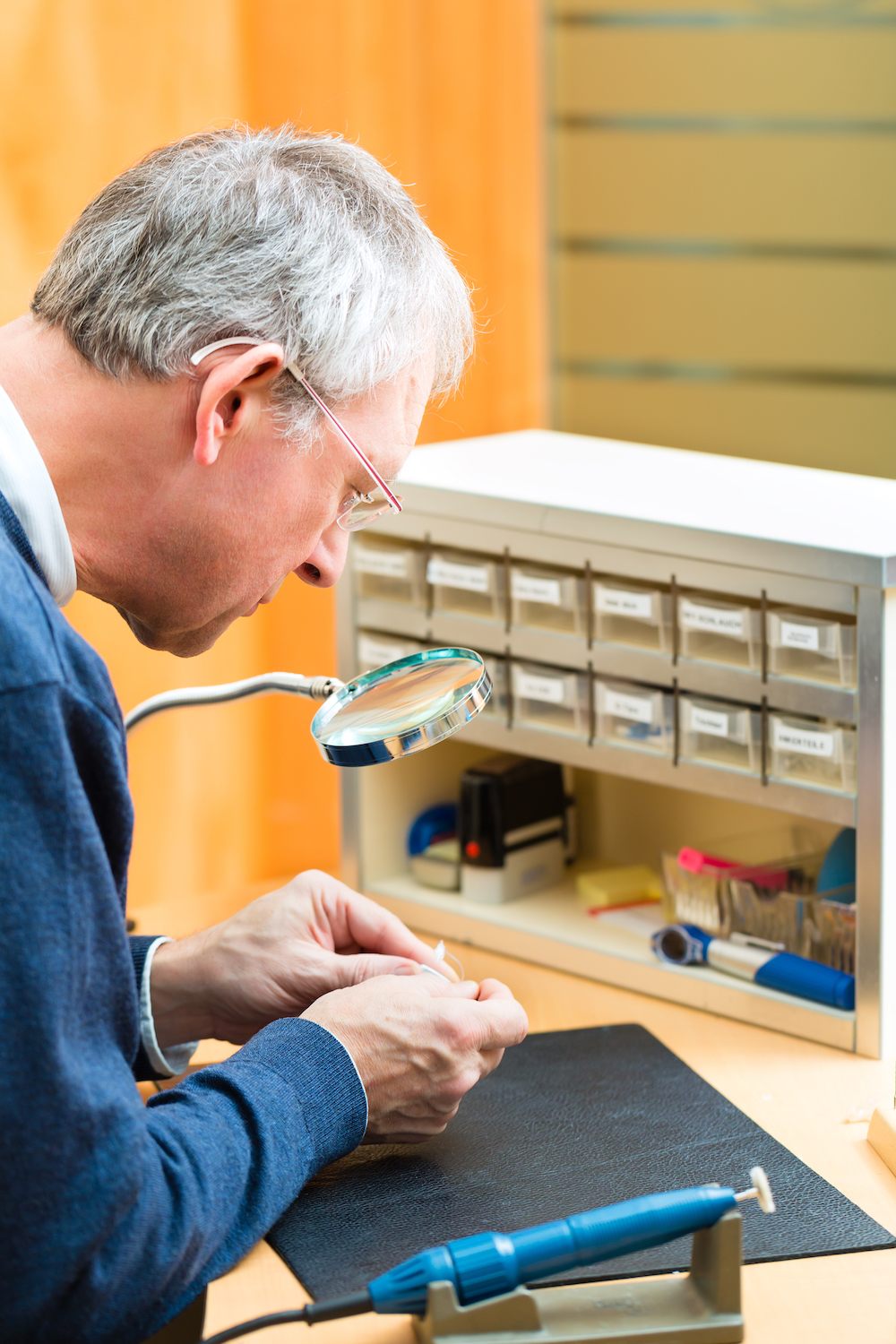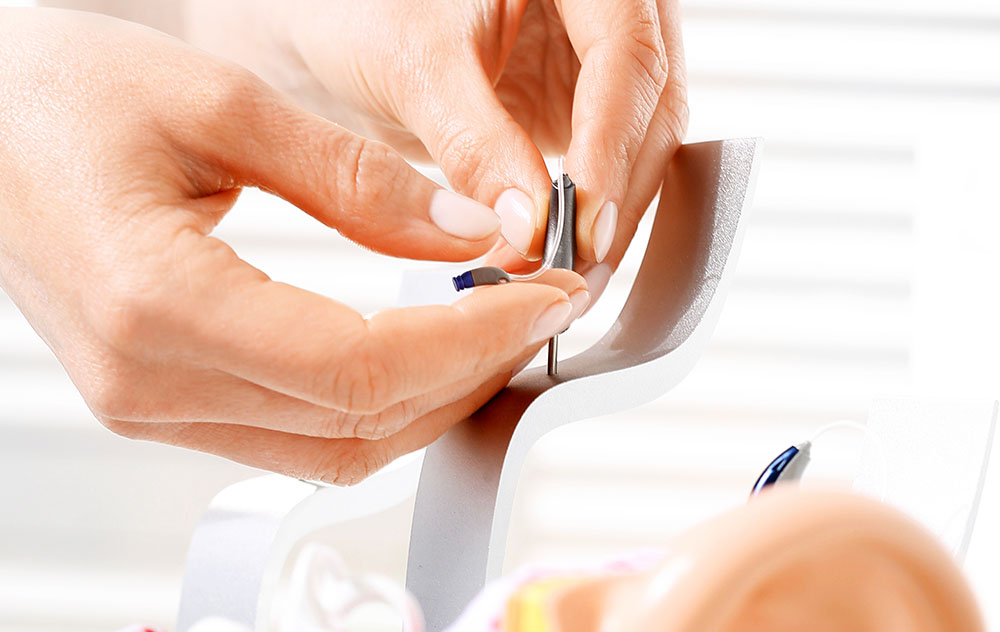The Causes of Acquired Hearing Loss
There are three main types of hearing loss. These are conductive,

By: admin | May 22, 2020
Hearing loss is probably more common than you think. An estimated five percent of the world’s population is currently living with hearing loss, or changes to their hearing and approximately one in three people between 65-72 in the United States of America have hearing loss. This number only rises with age, with around half of those over 75 experiencing changes to their hearing.
Hearing loss, contrary to popular belief isn’t just something that we should expect as we start to get older. It’s common, yes, but it certainly isn’t inevitable. In fact, there are a few things that you can do to prevent or reduce the symptoms of hearing loss. But first, it’s essential to understand different kinds of hearing loss, and what causes them.
Aside from aging, there are many different causes of hearing loss. Some people find that their hearing is permanently damaged after an accident which has affected their face or head. Others have hearing loss after an infection, which can be short or long term. Some diseases, and conditions, including cancer, can cause a loss of hearing and damage to the nerve in the inner ear is another common cause. Other causes of hearing loss audiologists often treat include a build-up of wax, perforated eardrum, other ear trauma, side effects of medication and excessive noise exposure.
But there are only three main kinds of hearing loss. The first is sensorineural hearing loss. This is caused by damage to the inner ear nerves, or to those nerves that carry sound to the brain. This kind of hearing loss is permanent and only improves with the use of a hearing aid.
The next is conductive hearing loss, which is caused by a condition which blocks sound waves, stopping them being transferred to the nerves involved in the hearing process. This kind of hearing loss only usually affects one ear, and can typically improve after treatment.
The final kind of hearing loss is mixed. This is when someone with nerve damage as a result of aging or trauma, gets an ear infection, leading to conductive hearing loss and a sudden decline in hearing.
Sometimes, hearing loss is easy to spot. If you’ve got an ear infection, you may wake up one morning to find that your hearing has changed. But, it’s not always so straightforward. When our hearing deteriorates as we get older, it typically does it very gradually, and you may not know when you need to see an audiologist. Some of the things to watch out for include:
These are some of the most common early signs of hearing loss, and if you start to experience them, it’s always a good idea to see an audiologist.
Hearing loss is sometimes permanent and irreversible. But, many cases, especially those associated with age are avoidable. Whether you are already experiencing signs or your hearing is still perfect, there are some things that you can do to prevent further loss.
The main way to prevent hearing loss is by limiting your exposure to loud noises. Normal conversation is around 45 decibels and very loud traffic around 85dB. Anything over 85 can cause damage to your eardrum, and the cells in your inner ear. Try to stay away from loud noises as much as you can, or limit your exposure. If you work, or otherwise spend time in very loud environments, consider earplugs or noise-canceling headphones.
Aside from this you can take care of your ears, turn the volume down when you are wearing headphones or earbuds and book an appointment with an audiologist if you have any concerns at all about your hearing.
While there is a lot that you can do at home to prevent hearing loss, or to reduce and manage your symptoms, sometimes, you need more help. At El Paso Hearing Aid and Audiology Center, one of our highly-skilled and approachable audiologists will talk you through any concerns that you may have, answering your questions before offering you a treatment plan moving forward. For an appointment or to learn more about El Paso Hearing Aid & Audiology Center call at 915-532-6935 today.

There are three main types of hearing loss. These are conductive,
By: admin | April 27, 2021

You have experienced hearing loss for a while now and have finally decided
By: admin | March 16, 2021

For anyone who has experienced any level of hearing loss, getting hearing
By: admin | February 24, 2021
